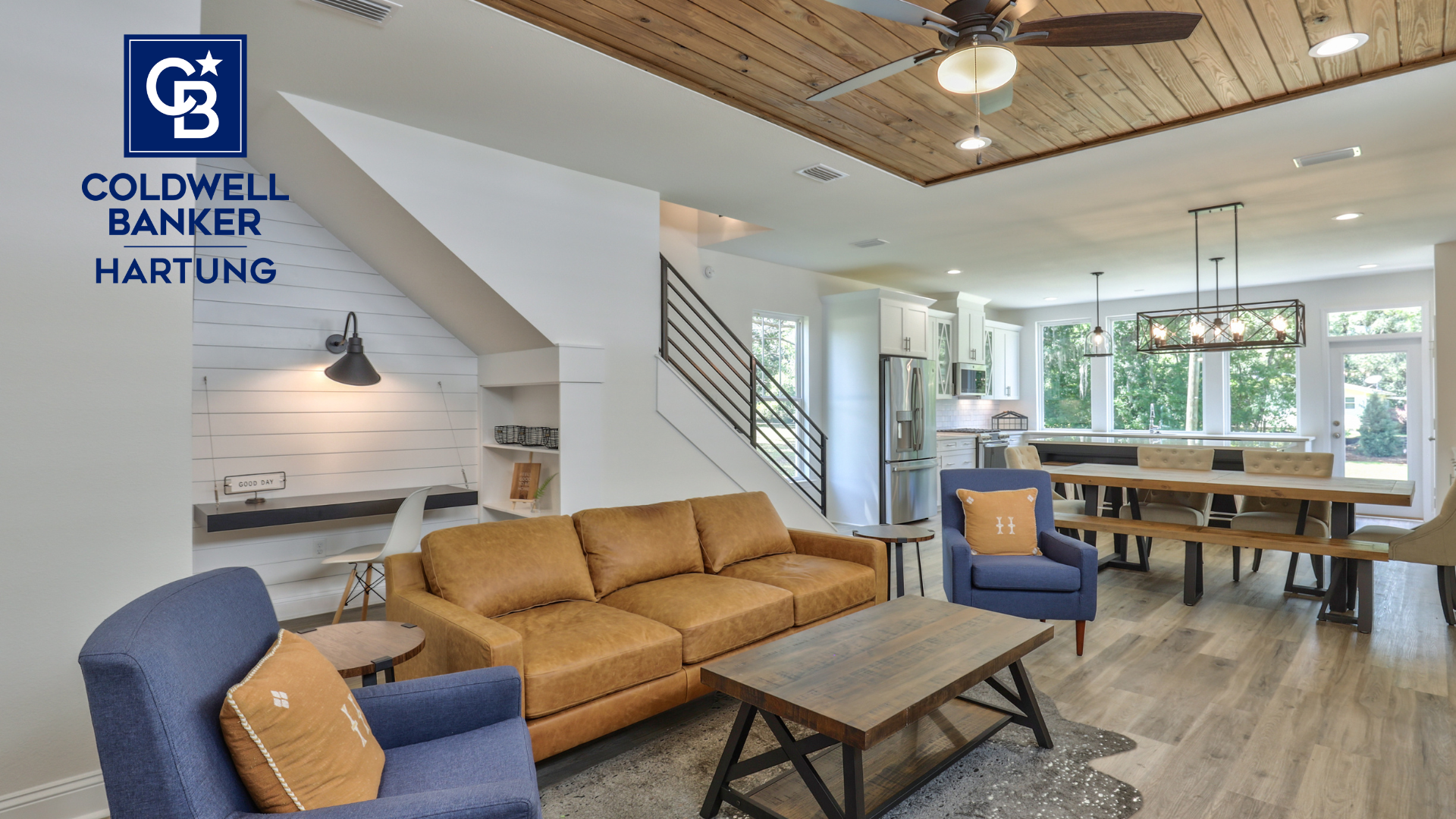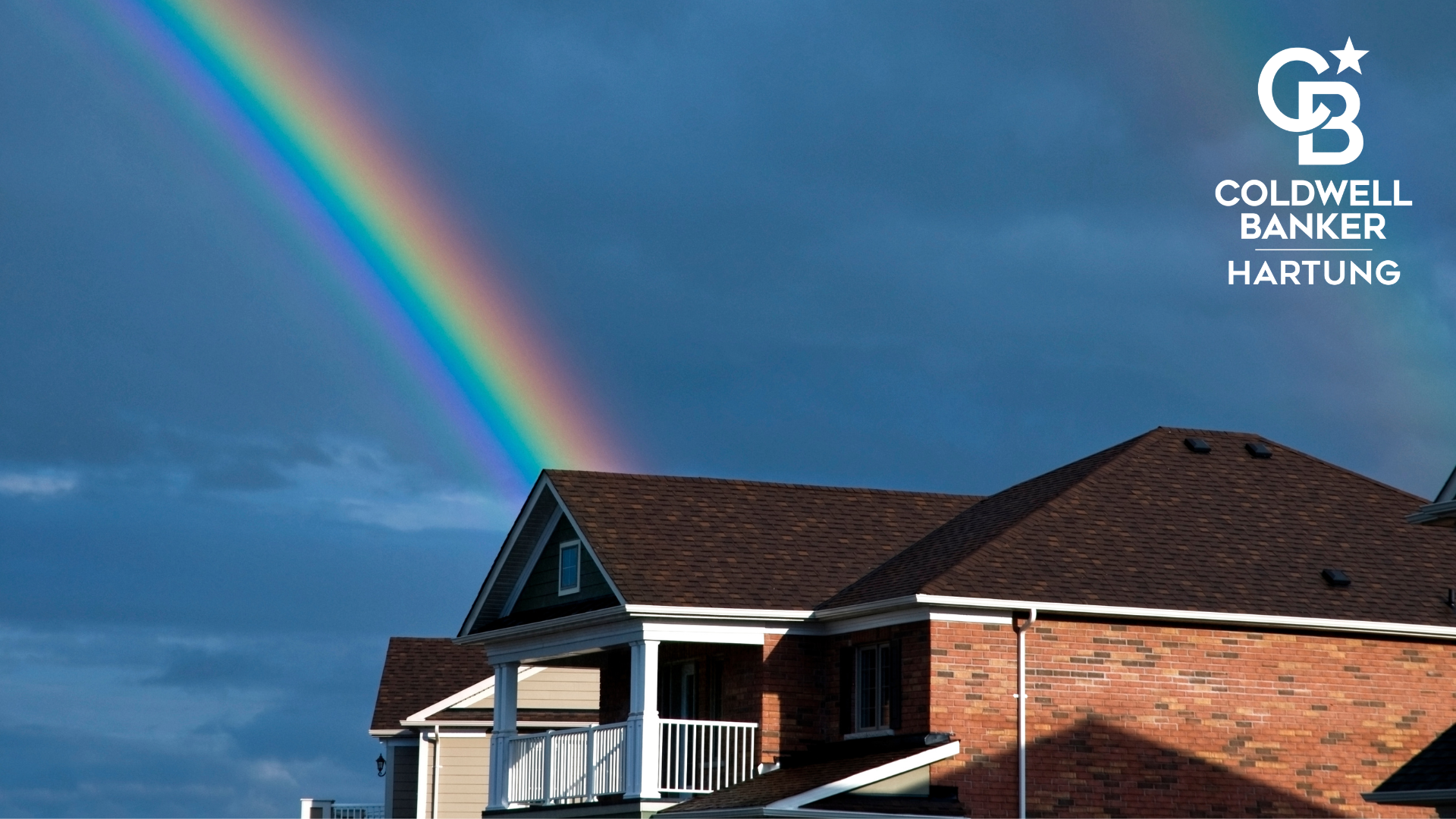
Don’t be Fooled!
Debunking 9 Home Buying Myths
Buying a home is a major decision and an exciting process. Whether you’re a first time homebuyer or you’ve purchased a number of homes over the years, you’ll want to avoid committing any home buying mistakes. We have compiled a list of 9 home buying myths to be aware of as you start your search for Home Sweet Home.
1. It’s cheaper to rent than own.
At first glance it may seem that this is true. The initial financial commitment involved with purchasing a home seems exponentially more expensive than a singular rent payment, but in the long run, the return on your investment is greater when purchasing since you can build equity, and possibly, generational wealth.
2. A 20% down payment is necessary.
The idea that you must put down 20% payment is not entirely true. While putting more money down on the front end can help you have smaller mortgage payments, it is no longer required by many lenders. Be sure to talk to a couple of different lenders to find a loan product that best suits you. Often, there are special programs for first time homebuyers or veterans that don’t require 20% down, so be sure to ask about your options.
3. It’s cheaper to buy a fixer upper.
With all the DIY shows out there, it can be easy to glamorize a “fixer upper”. If you’re handy, it can be a great investment. And with a lower purchase price than new construction, a fixer upper can seem all the more enticing. However, if you can’t identify an allen wrench from a phillips head screwdriver, you may run the risk of spending more on making improvements to an old house than you would if you bought something new.The cost of labor, materials, and the trouble of living in a house under construction are all factors to take into account while you’re narrowing down your choices.
4.You need to be debt-free and have amazing credit.
Lenders look at several factors when approving someone for a loan. There are many programs now that aid home buyers in securing financial assistance. If you have debt, some lenders have set new guidelines to make it easier to qualify for a loan. For example, if you have student loan debt and it is being paid for by your parents or an employer, the lender may not include that debt in your debt-to-income ratio.
5. Spring is the best time to buy / Fall or Winter are bad times.
Although many believe that spring is the best time to buy, purchasing during this time may mean more competition and potentially higher prices. Buying a home during the off-season could mean lower prices and it could allow you to avoid rushing into a purchase to beat another potential buyer. At the end of the day, there are a multitude of external factors that go into the home-buying process, so focusing on the house and loan options is more important than the time of year – especially since things like inflation, interest rates, and the economy can change at any time and impact the real estate market more than the season.
6. You should find a home before applying for a loan.
While there is no one way to purchase a home, finding a home prior to securing your loan can result in the home going to someone else who already has financing set, or you falling in love with a home only to find out it’s way out of your budget. Getting your loan first means you know how much you can spend and you will look better to the sellers when they are comparing offers.
7.A 30-year fixed mortgage is the only (smart) way to go.
There are many other options for mortgages, including a 15-year mortgage. The pro to a 30-year mortgage is smaller payments, but over the life of the loan, you will pay more in interest. A 15-year mortgage means larger payments, but you will have a lower interest rate. Be sure to talk with your lender about your options and what is best for your situation before picking a loan product.
8. You should always go with the lowest interest rate.
As with much of the home-buying process, everything is not always as it seems. A lower interest rate might mean more in fees or other charges. It is important to find the lowest price reflecting the entire cost of getting the loan, closing costs, and general expenses. It’s ok to shop around and talk to various lenders in order to find the one that’s best for you.
9. Once your offer is accepted, the deal is done.
The offer being accepted is merely the tip of the iceberg of closing on a home. Potential next steps include home inspections, an appraisal, financing, and obtaining a title. If one or more of these are not completed or accepted by the parties involved, then negotiations can reopen, and the sale may fall through or go to another buyer.
Buying a home is not easy, but the experts at Coldwell Banker Hartung can help make it the best experience possible. Click here to reach out to one of our agents today and see how they can help answer any home buying questions you may have.





.png)